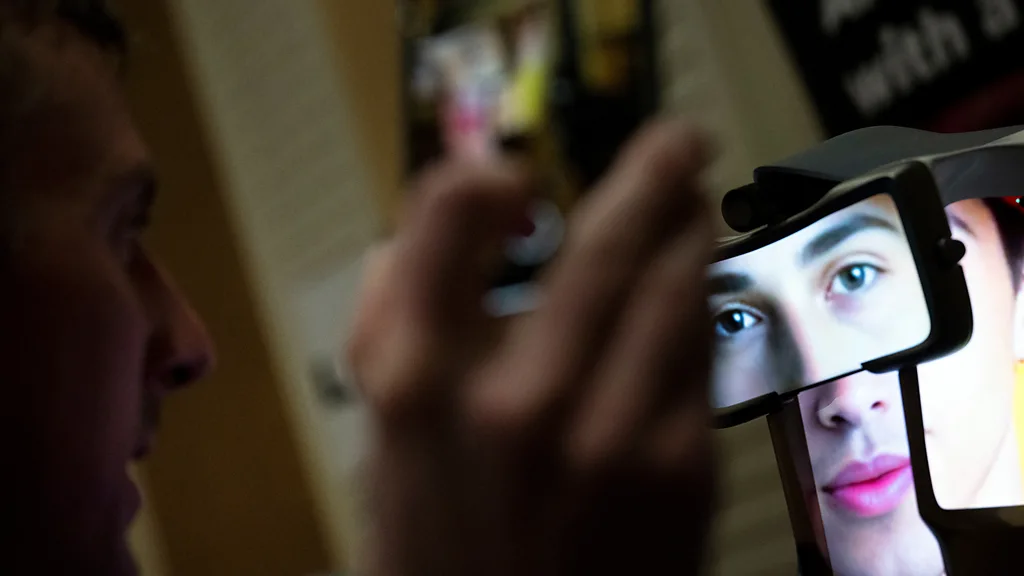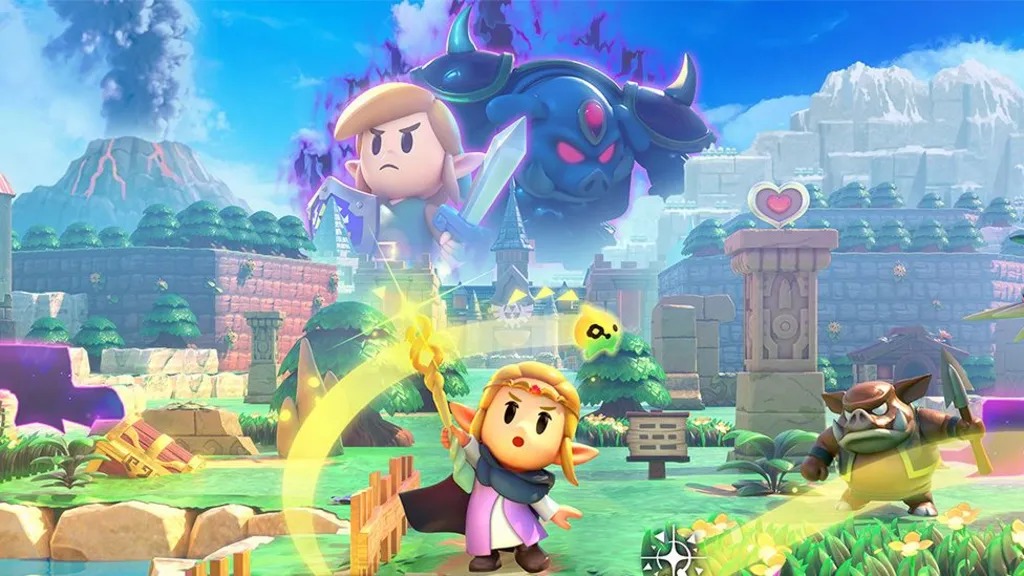
AI Companions and the Loneliness Epidemic
With a loneliness epidemic affecting many parts of the world, some people are turning to AI companions for relationships and emotional support. These AI chatbots, powered by advanced language models, offer companionship that some find deeply engaging, but are these interactions truly as harmless as they appear?
AI Companions and the Loneliness Epidemic
AI companions have become a modern solution to a growing problem: loneliness. As human connection declines and social isolation increases, AI chatbots are being used by millions to fill that emotional void. Apps like Replika and Nomi.ai allow users to create an AI companion that can simulate human conversation, helping users feel heard, cared for, and understood. The AI companions learn details about the user’s life and develop into virtual friends, mentors, or even romantic partners.
The Allure of AI Relationships
Why are AI companions becoming so popular for relationships? The allure lies in the comfort they provide. Unlike real people, AI companions are always available, offer unconditional support, and never judge. This makes them particularly appealing to those who might struggle with traditional human interactions. For some, these relationships feel like the perfect antidote to the complexity of human connections.
Concerns About Data Privacy and Manipulation
However, there are growing concerns about how these AI relationships are being monetized. Many AI companion apps offer free versions but charge for deeper interactions, including romantic or intimate conversations. The companies behind these apps have financial incentives to encourage users to become more emotionally involved, which can lead to unethical practices. Furthermore, privacy issues abound, as user data, including sensitive personal details, is often shared or sold to third parties.
A Double-Edged Sword
While AI companions can offer comfort and emotional support, there is a potential downside to these artificial relationships. Users can become overly dependent on the AI, preferring interactions with chatbots over genuine human relationships. There are also cases where AI chatbots have given harmful or inappropriate advice, raising ethical questions about their use in emotionally vulnerable situations.
The Future of AI Relationships
As AI technology continues to evolve, the role of AI companions in society will likely grow. For some, these virtual relationships may be a helpful supplement to human connection, while for others, they could become an addictive escape from reality. As AI continues to blur the lines between human and machine interactions, it’s important to consider how these tools can be regulated to ensure they are used safely and ethically.
For more insights on the impacts of AI on society, visit the BBC or explore related analysis on Kenkou Land.






